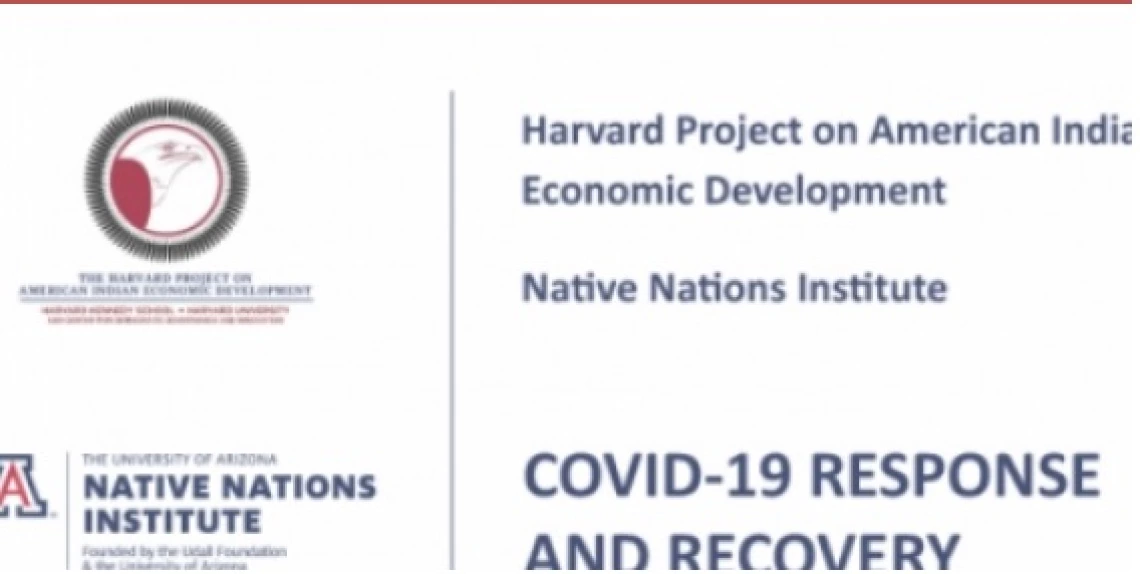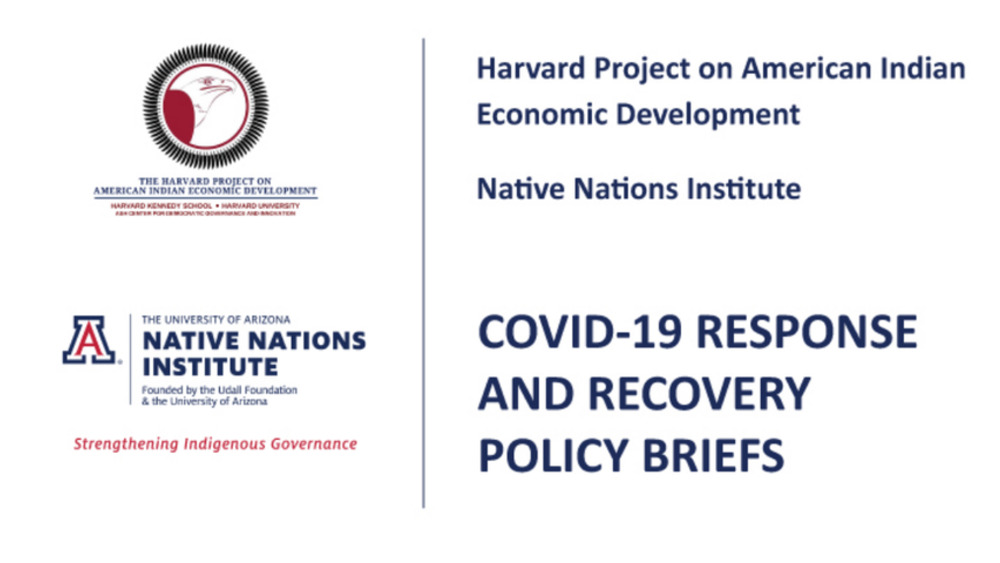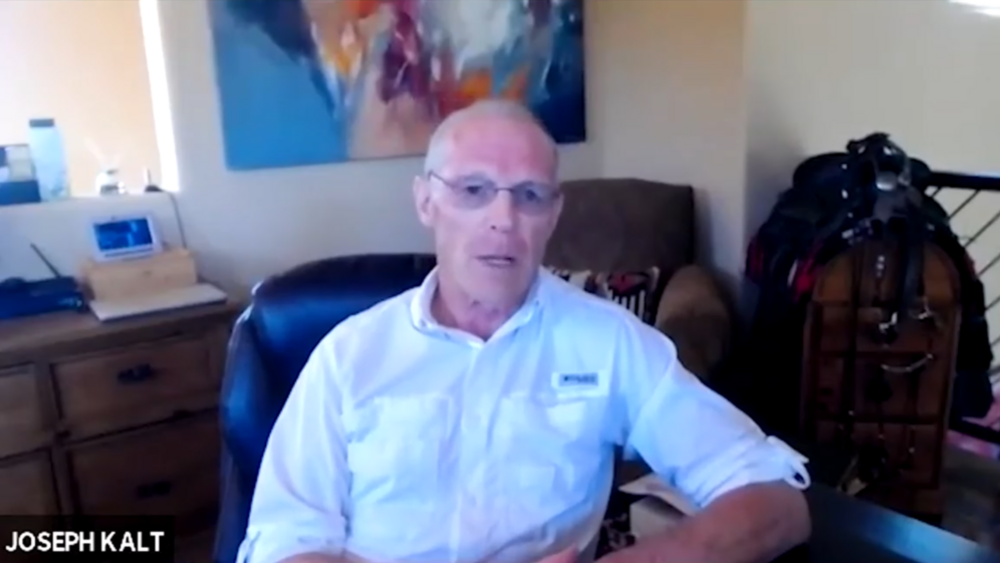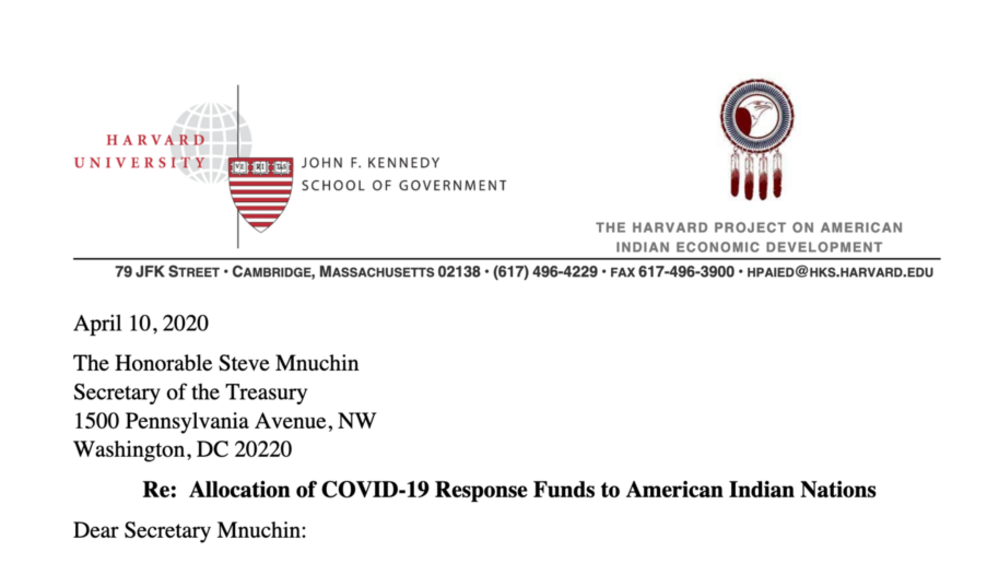This policy brief addresses the impact of the current COVID‐19 crisis on American Indian tribal economies, tribes’ responses to the crisis, and the implications of these impacts and actions for the US government’s allocation of crisis‐response funds to federally recognized tribes. We conclude that the pandemic is devastating the economies and governments of the 574 federally recognized tribal nations in US, and that the effects are spilling over with dire consequences for the regions and states in which tribes are embedded. The case for major relief and stimulus funding of tribes and, especially, their governments is pressing in the extreme. Under federal policies of self‐determination, American Indian tribes are tasked with the same responsibilities for meeting the needs of their citizens as state and local governments. Tribes, however, operate under unique and highly constrained economic and fiscal constraints that must be taken into account as federal COVID‐19 response dollars are allocated to tribes. In this study, we provide key points from our most recent research findings, condensed in the hopes of contributing useful information as the federal government (especially the US Department of the Treasury) works to meet the unprecedented challenges brought on by COVID‐19.
Additional Information
Akee, Randall K.Q., Eric C. Henson, Miriam R. Jorgensen, Joseph P. Kalt. May 18, 2020. Policy Brief: The Need for a Significant Allocation of COVID‐19 Response Funds to American Indian Nations. Cambridge and Tucson: Harvard Project for American Indian Economic Development and Native Nations Institute.




